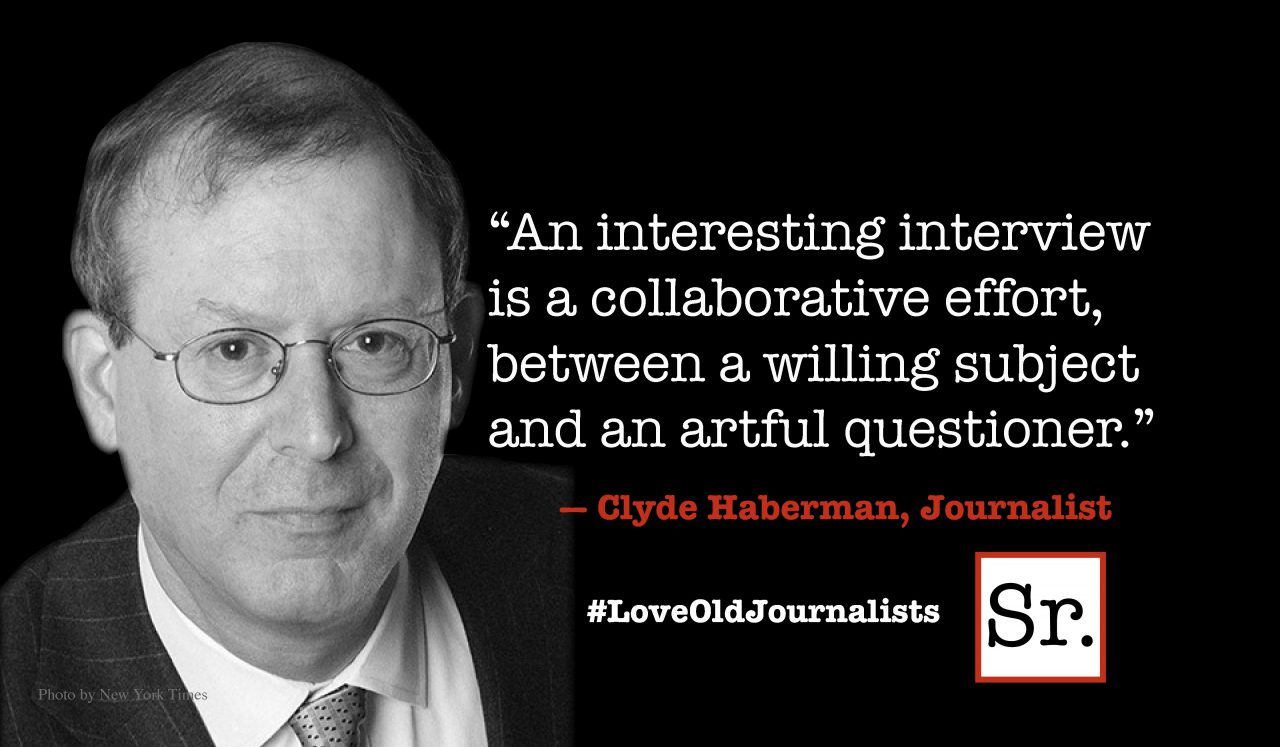Robert Schrag, a regular contributor to Senior Correspondent, documents the process of undergoing a stem cell transplant in response to multiple myeloma.
Wednesday, Jan. 16, 2013
Heisenberg's uncertainty principle asserts that we can know either the location or the mass of an elemental particle but not both. The idea is that the two values cannot be measured simultaneously. Basically, it’s a "home or first" issue. In a baseball game the pitcher can either attend to the batter at home plate or the runner on first base. Take your eye off one and the behavior of the other becomes guesswork. We've all seen it — swivel, twist, swivel, twist, and occasionally in Little League, fall down. Given that most physicists remain relatively certain about uncertainty, I'm not going to quibble. I have, however, stumbled across another "measurement uncertainty" principle. It has to do with the patience of patients — or rather our lack thereof.
There is obviously an upside to doing a second stem cell transplant; you know what to expect, you know where you are going, you know the staff. That is all good stuff. It is also, strangely, bad stuff. You know how you will eventually feel, and you want to know why you aren't there yet. Where are my taste buds? Yeah, it’s better now but not where I think it should be. Why is it taking my hair so long to grow back? Where is my energy? My curiosity? My daily fascination with the world? Because I have done this dance before, I know all those "humanizing" elements will return. But, "Enough already, I want them NOW!"
Which, of course, got me thinking about our inability to predict any unique instance of "patience." How do we know which straw will break the camel's back? How do we know when we will run out of patience? Or "lose" our patience? That's an interesting notion isn't it? It implies that "patience" is something we haul around with us, something that can be lost or found. "Oh, my god, look here in the back of the closet! That old box of patience I used to use when announcing at the girls' swim meets. I remember the day I lost that … "
So I would assert in "Schrag's Impatience Principle" that you can never measure the extent of your patience until the moment it runs out. Furthermore the "run out" "camel's back-breaking" instant is an unpredictable variable which undoubtedly co-varies with a bunch of other stuff – how comfortable your chair is, the volume of the TV in the next room, and, of course, worrying about who's on first. All these will help determine the precise moment at which the poor camel goes down. My Impatience Principle is, I suspect, closely related to my "First Time Last Time Paradox." You always know the first time you do something, but you can never tell when you just did something for the last time. Lots of stuff to consider there, but we're going to get back to the rarely patience patient.
What do we do then, when we see folks tossing straw willy-nilly onto the back of a camel we suspect is dangerously stressed? Two things are pretty surefire "patience-increasers" for me. First is sleep. You can be quite certain that taste and energy and curiosity and those other good things will come back. All that stands between that lovely day and today is time. Sleep moves the arrow of time along without our having to watch it happen. I once asked one of the docs at the hospital if they could put me in a medically-induced coma and wake me up when I felt better. I think they started to monitor my meds more closely after that.
Second is music — preferably through high-quality noise-canceling headphones. Find the genre that draws you in deeply. For me that is classical, choral, and a cappella. There is just such complexity in there that if I listen deeply, really deeply, trying to attend to the nuances, not only does the straw start slipping off the camel’s back, but I find myself slipping into a deeply contemplative-meditative state. I used to make them crazy at the hospital by dropping my blood pressure 30 or 40 points between back-to-back readings — you just reach out to that contemplative-meditative state. Which you practice when you begin to get impatient, which makes you better at the contemplation, which … see the cycle there? Something else may work for you. Look for your inner quiet/happy/calm/patience spot. Norman Cousins once nudged himself through a long illness by watching "Candid Camera" and "You Bet Your Life." Remember you are looking for something that relaxes you and takes very little effort on your part.
Main point is this: you will get there. You will turn around one day and realize the mountain is behind you with just foothills ahead. And you will not only be permitted to have, but will also be able to savor, those things you enjoy most in life. But for the moment, I say to myself, "Self, you are still a patient. Try to be one with patience."








